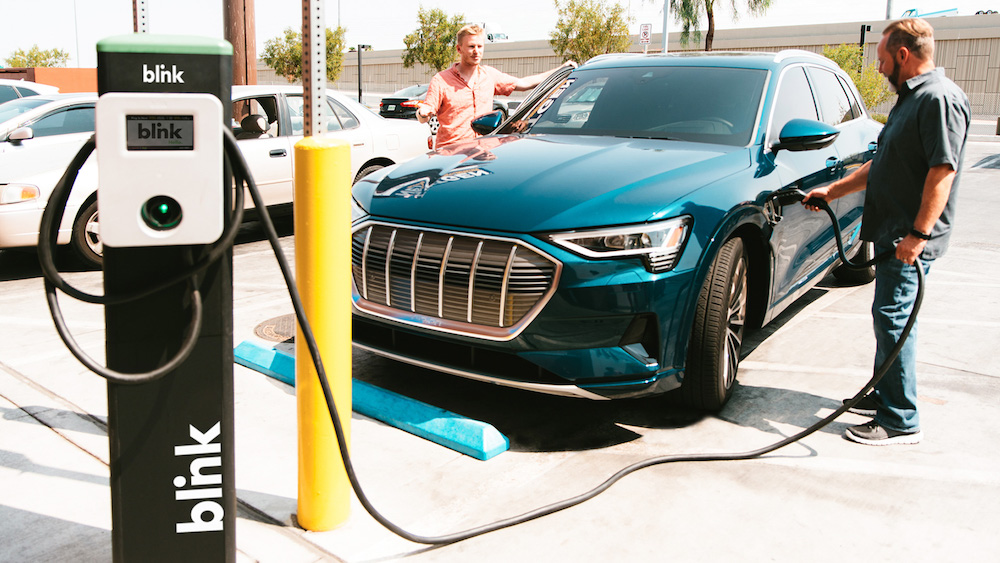
Electric vehicles (EVs) have garnered significant attention in recent years, fueled by advancements in technology and growing concerns about environmental sustainability. As more consumers embrace EVs as a viable mode of transportation, the demand for reliable and accessible charging infrastructure has become increasingly evident. However, the installation of EV charging stations presents a unique set of challenges that must be addressed to support the widespread adoption of electric vehicles. In this article, we’ll explore the challenges of EV charging installation and discuss potential solutions to overcome these hurdles to get https://wiredsc.com/surge-protectors/.
Technical Considerations
One of the primary challenges of EV charging installation revolves around technical considerations, particularly related to electrical capacity and infrastructure. Many existing electrical systems may not have the capacity to support the additional load required by EV chargers. Upgrading electrical systems to accommodate EV charging stations is often necessary, requiring investments in infrastructure and equipment. Additionally, ensuring compatibility between the electrical system and EV chargers is crucial to prevent issues such as voltage fluctuations or circuit overloads. Another technical consideration is the location and accessibility of charging stations. Determining optimal charging locations involves assessing factors such as proximity to parking spaces, traffic flow, and pedestrian access. Space limitations and accessibility issues must also be addressed to ensure that EV charging stations are accessible to all users. Moreover, navigating local building codes and regulations, as well as obtaining necessary permits and approvals, adds another layer of complexity to the installation process.
Cost and Budgeting
Cost considerations play a significant role in the installation of EV charging infrastructure. Equipment costs, including the pricing of EV charging stations and additional components such as mounting hardware and cables, can vary significantly depending on the brand and model chosen. Installation expenses, including labor costs for electrical work and site preparation, further contribute to the overall cost of EV charging installation. Long-term maintenance and operational costs, such as routine maintenance requirements and energy consumption, should also be factored into the budgeting process. While the initial investment in EV charging infrastructure may seem daunting, the long-term benefits of reduced fuel costs and environmental impact often outweigh the upfront expenses.
Environmental and Sustainability Factors
Environmental considerations are paramount in the installation of EV charging infrastructure. Evaluating the energy source and grid impact of charging stations is essential for minimizing environmental impact and ensuring sustainability. Incorporating renewable energy sources, such as solar or wind power, into EV charging infrastructure can help reduce reliance on fossil fuels and mitigate emissions. Smart charging technologies, such as demand response and load management systems, can optimize charging schedules to minimize grid stress and maximize efficiency. Additionally, conducting a life cycle assessment to analyze the environmental impact of EV charging infrastructure throughout its lifecycle is crucial for identifying areas for improvement and implementing strategies to reduce carbon footprint.
Future Outlook and Solutions
Despite the challenges posed by EV charging installation, significant progress has been made in addressing these hurdles. Advancements in technology continue to drive innovation in charging infrastructure, with improvements in efficiency, reliability, and scalability. Emerging solutions, such as wireless charging technology and ultra-fast charging stations, offer promising alternatives to traditional charging methods. Collaboration between industry stakeholders and policymakers is also essential for fostering a supportive ecosystem for EV charging infrastructure. Government incentives and policy frameworks can incentivize investment in charging infrastructure and promote the adoption of electric vehicles. Community engagement and education initiatives play a vital role in raising awareness about the benefits of EVs and encouraging sustainable transportation practices. By addressing the challenges of EV charging installation through innovation, collaboration, and education, we can pave the way for a cleaner, greener future of transportation.


